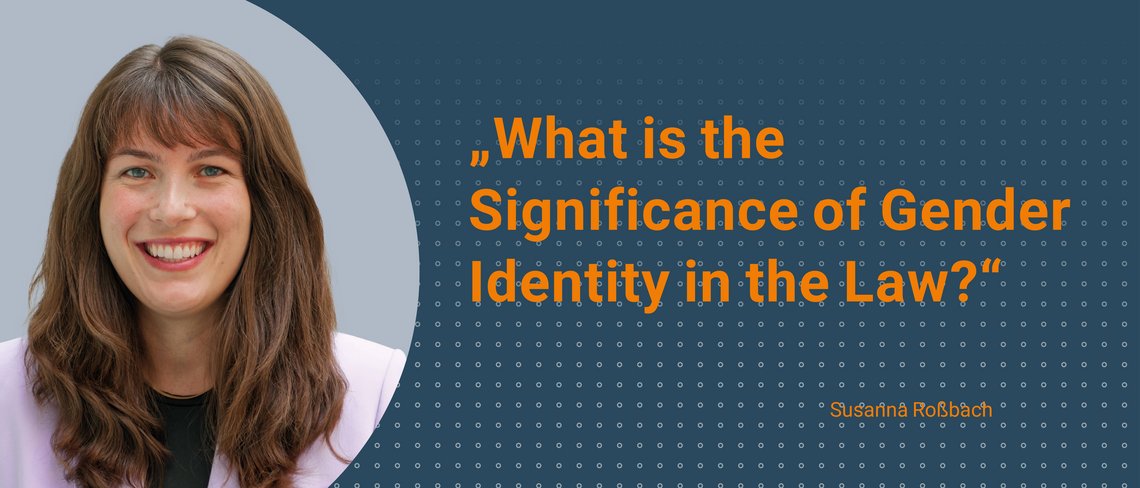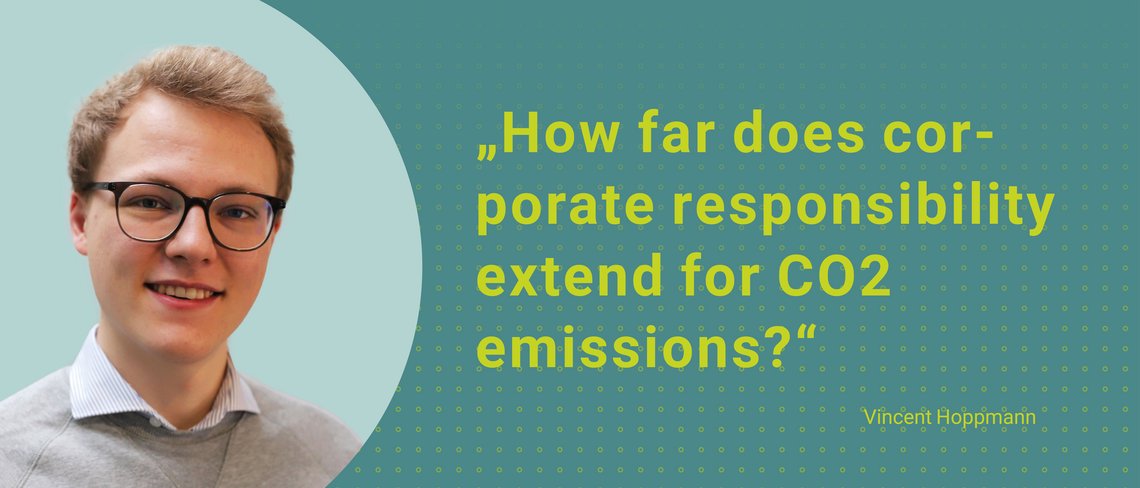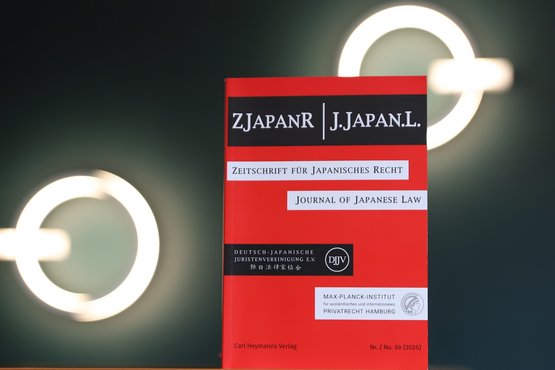News
New Releases
Commentary
Holger Fleischer, (eds.), Münchener Kommentar zum GmbH-Gesetz. Bd. 2 (§§ 35-52), 5. ed., C.H. Beck, München 2026, XLIV + 2057 pp.
Contribution to a Collected edition
Holger Fleischer, Gründerkrach, Gründerkrise und Gründerskandale im Kaiserreich, in: , Holger Fleischer, , , , , , , (eds.), Gedächtnisschrift für Gerald Spindler, C.H. Beck, München 2026, 235–250.
Contribution to a Commentary
Holger Fleischer, §§ 36, 41-42a, 43, in: Holger Fleischer, (eds.), Münchener Kommentar zum GmbH-Gesetz, vol. 2, 5. ed., C.H. Beck, München 2026, 228–235, 534–788.
Editorial
, , , , Kwamou Eva Feukeu, , Ralf Michaels, , Apresentação / Editorial – Dossiê "Direito de Propriedade Comparado Decolonial", Revista Direito e Práxis 16, 4 (2025), i-vii.
Conference Paper
Holger Fleischer, Plötzlich Personengesellschafter – Eine kleine Phänomenologie unbeabsichtigter Personengesellschaften, in: , Holger Fleischer, (eds.), Personengesellschaften im deutschen, österreichischen und schweizerischen Recht. Dreizehntes deutsch-österreichisch-schweizerisches Symposium zum Gesellschafts- und Kapitalmarktrecht, Zürich, 16.-17. Mai 2024 (Beiträge zum ausländischen und internationalen Privatrecht, 148), Mohr Siebeck, Tübingen 2025, 55–81.
Proceedings
, Holger Fleischer, (eds.), Personengesellschaften im deutschen, österreichischen und schweizerischen Recht. Dreizehntes deutsch-österreichisch-schweizerisches Symposium zum Gesellschafts- und Kapitalmarktrecht, Zürich, 16.-17. Mai 2024 (Beiträge zum ausländischen und internationalen Privatrecht, 148), Mohr Siebeck, Tübingen 2025, XVI + 226 pp.












